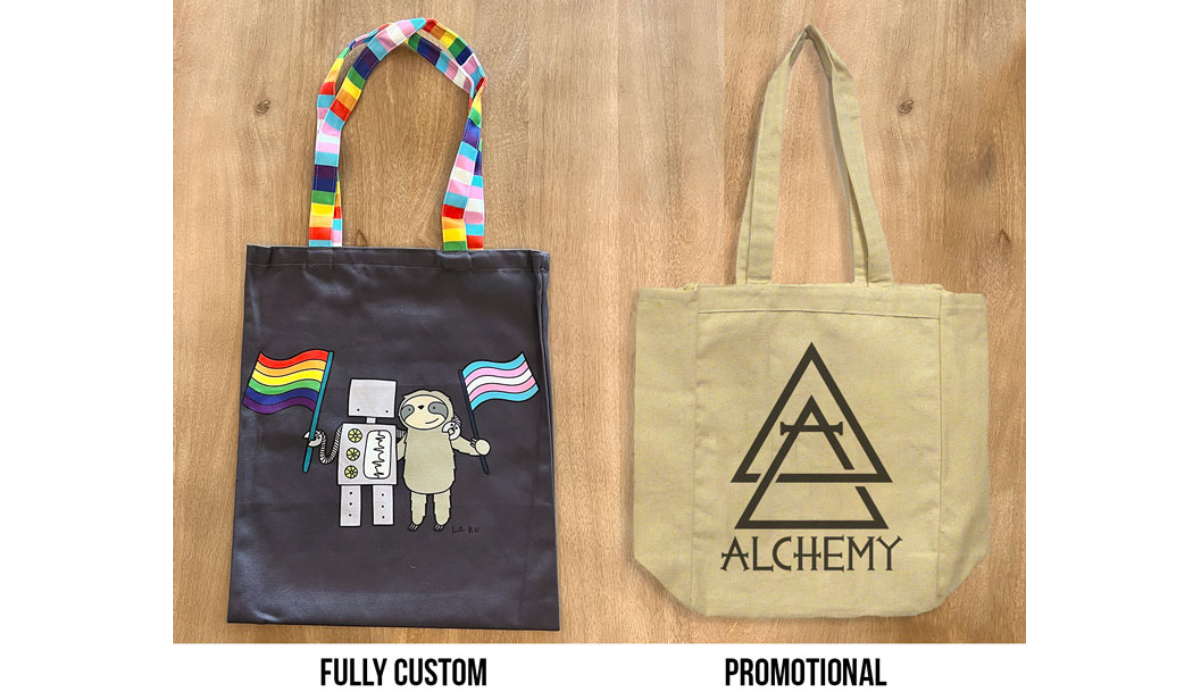Remember the tagline, “You Deserve a Break Today”? If you’re like me, you probably look back fondly on those days when McDonald’s made it a mantra. The line signaled the spirit of the industry at the time—people really enjoyed going to fast food restaurants, and quick serves really provided a needed break from the stress and boredom of the everyday.
Nowadays it seems most people relate to quick serves on a merely functional basis—get in, get your food, get out. And if we’re really honest, quick serves view customers the same way. We focus on getting more cars through the drive thru, processing transactions as quickly as possible, and increasing margins.
Customers just want to save a buck and operators just want to make one. Lost is the sense that quick serves would try to make a visit to one of their restaurants the highlight of a customer’s day.
What’s changed?
Certainly, it’s a lot harder to run a successful operation these days. Competition became more cut-throat as the number of restaurants exploded and specialty players and food trucks rose in popularity. Rising labor, health care, and food costs seem to eat away at any margin we’re able to eke out in this economy. The pressure to manage costs and reduce waste is stronger than ever before.
And today’s customers are generally less pleasant and less loyal, while at the same time more demanding and more critical. They’ve learned how to work the system and often seem simply out to take advantage of companies. Going out of the way to serve a customer isn’t always noticed or appreciated anymore, so quick serves don’t try.
But might we be using these developments simply as excuses for no longer being kind and generous? Are we forgetting we are in the quick-service business? If so, we’re undermining our brand image and alienating customers by putting profits ahead of the people we’re supposed to be serving.
Case in point: There’s a fun, hip cupcake shop here in town. The owners have tried to create a distinct vibe for the brand with a cute concept name, friendly messaging on their menu and website, and fun cupcake designs. But any chance that customers would develop warm feelings about the place is undone with a sign in the window that reads:
“IMPORTANT POLICIES”
• If cupcakes are dropped by the customer, it’s our policy to refrost them, and place them in a new box for $1 (That’s the cost of the box – this could take probably 15 minutes depending on how busy we are.) We do not offer new cupcakes. If you wish to purchase new cupcakes, you may receive 10 percent off the total, but only for that visit, same order.
• Offers cannot be combined. One coupon or offer per customer per day. (Military discount not to be combined with Buy One Get One Free coupons. Coupons will not be taken for day olds.)
• We do not take American Express. Also, no credit cards will be accepted for amounts under $7.00.”
I’m not making this up.
As unbelievable as it may be, I bet the owners feel completely justified for setting such policies. They probably think they’ve lost a lot of money replacing dropped cupcakes, giving multiple discounts to a single customer, and raking up credit card fees.
But before we judge them too harshly, let’s consider the things we do that are just as stingy and inflexible. Things like limiting the number of napkins per customers, charging for extra condiments, and not accepting coupons the day after they expire.
Our policies may help keep costs under control, but they’re probably detracting from any goodwill we might hope to foster with our customers. We spend countless hours and precious dollars running marketing campaigns to portray a positive brand image and to try to win customers’ loyalty. We say customer satisfaction is our priority and we train our employees to “be nice” to customers.
But then we put up a sign or institute a policy that contradicts these efforts, and we wonder why customers don’t think of us as anything special. We might be keeping an eye on the bottom line, but we’re failing to see how a little generosity goes a long way—especially in this economy.
Perhaps it’s time to re-evaluate our priorities.
As a child, my parents took me to Baskin-Robbins occasionally. One time, because of a lack of care or coordination (probably both), I dropped my freshly dipped ice cream cone. I still remember the server didn’t bat an eye as he quickly scooped a replacement and gave it to me free of charge, his swift and charitable reaction averting tears on my part and frustration on my parents’. More recently, I watched the barista at my favorite local coffee shop cheerfully replace my friend’s drink order at no charge twice—once because my friend had ordered it “iced” when she meant “blended,” and the second time because she forgot to reiterate her request for decaf.
In both of these instances I walked away with powerful, positive feelings about the brands, and these have stuck with me more than any amount of marketing or promotion could. These kinds of moments reveal a company’s true colors.
Customers are feeling stretched and stressed these days. They don’t want to be nickel and dimed. They want to be treated with respect and kindness, and every once in a while, they need a break.












